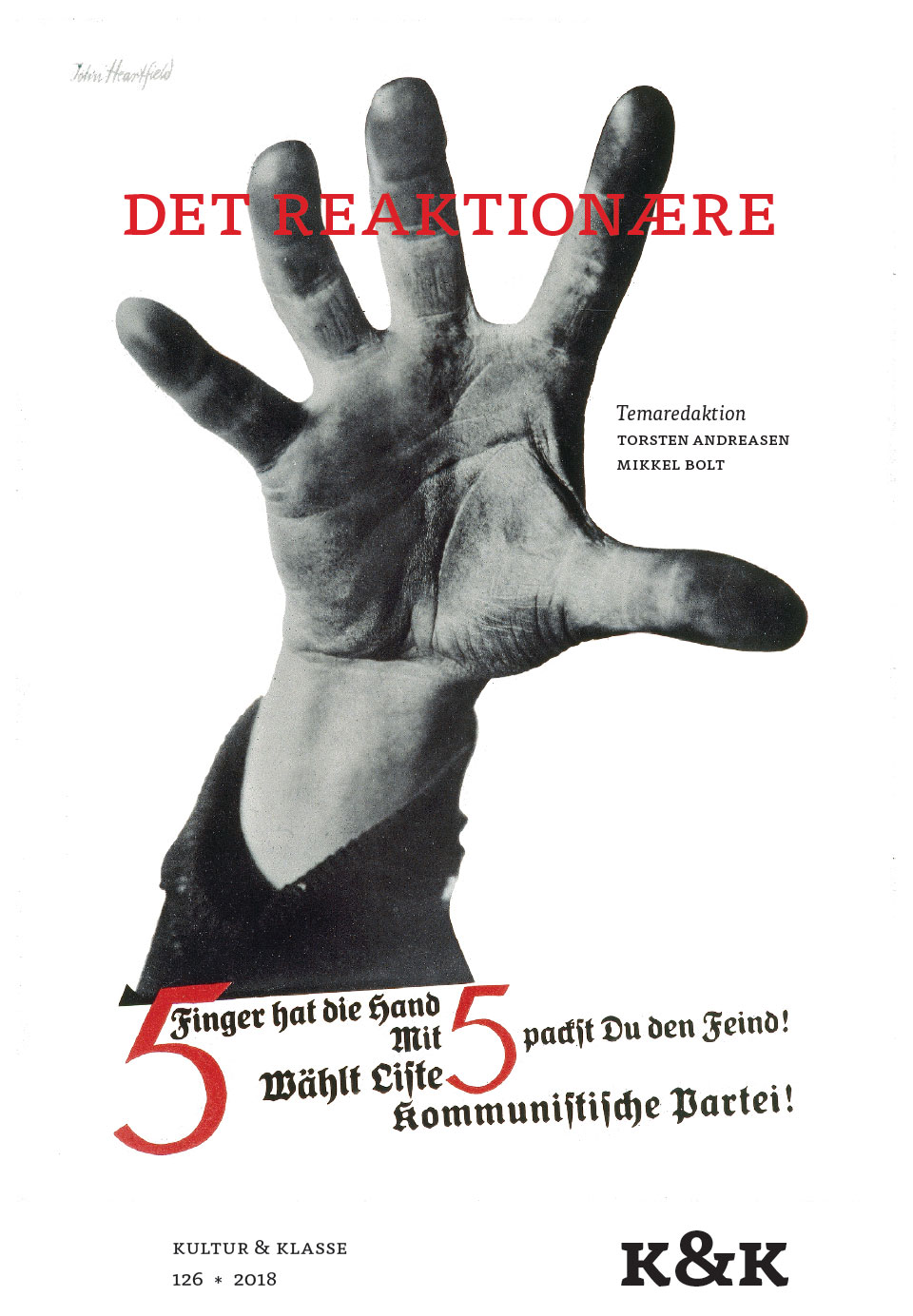Italien og demokratiets byrde
DOI:
https://doi.org/10.7146/kok.v46i126.111745Nøgleord:
Italien; populisme; Ligaen; Femstjernebevægelsen; konstitutionalisme; GramsciResumé
The general elections in Italy this year (the 4th of March 2018) brought to victory Matteo Salvini’s Lega (the former Lega Nord) and Luigi di Maio’s Movimento 5 Stelle (the Five Star Movement), founded by stand-up comedian and blogger Beppe Grillo. The two populistic parties or movements have since formed the new Italian government. This article tries to point out the deeper changes of the after-war political system and the reasons causing the shift of political paradigms. In focus is the political party, which has been of crucial importance to Europe’s political development through most of the 20. Century, as well as to the democratic Constitution, that Italy got in 1948 after the totalitarian experience of Fascism and the Resistance Movement. With the upcoming of populist parties and their modes of leader-based organization and ideological values the political system seems to move away from representative party-democracy and social compromises, outlined by the Constitution but not always maintained. The exodus from the rule of law and international conventions, that might soon reach a point of no return, opens – with the words of Gramsci – a crisis of authority, that shows us a new political class leaving the hitherto known forms of government without revealing, where we are heading at.
Referencer
Bordoni, Carlo. Fine del mondo liquido. Superare la modernità e vivere nell’interregno. Milano: Il Saggiatore, 2017.
Ciliberto, Michele. La democrazia dispotica. Bari-Rom: Laterza, 2011.
Dal Lago, Alessandro. Populismo digitale. La crisi, la rete e la nuova destra. Milano: Raffaele Cortina Editore, 2017.
Demos & Pi. Rapporto italiani e lo Stato/2017. 20. april 2018: http://www.demos.it/a01472.php
Diamanti, Ilvo. Democrazia ibrida. Bari-Rom: Laterza, 2014 (a).
Diamanti, Ilvo. Le mappe di Ilvo Diamanti (”Il ‘Partito di Renzi’ fa meglio del PD”, 14. juni 2014(b)). 20. april 2018: http://www.demos.it/a01010.php
Diamanti, Ilvo & Lazar, Marc. Popolocrazia. La metamorfosi delle nostre democrazie. Bari-Rom: Laterza, 2018.
Ferraris, Maurizio. Postverità e altri enigmi. Bologna: il Mulino, 2017.
Flores d’Arcais, Paolo. ”Fascismo e berlusconismo”. MicroMega 1(2011).
Galimberti, Umberto. I vizi capitali e i nuovi vizi. Milano: Feltrinelli, 2004.
Galli, Carlo. Il disagio della democrazia. Torino: Einaudi, 2011.
Grillo, Beppe & Casaleggio, Gianroberto. Siamo in guerra. La rete contro i partiti. Milano: Chiarelettere, 2011.
Gramsci, Antonio, Fængselsoptegnelser (1929-35). Da. overs. m. komm. Gert Sørensen. København: Museum Tusculanums Forlag, 1991.
Hobsbawm, Eric. Age of Extremes. The Short Twentieth Century. 1914-1991. London: Michael Joseph, 1994.
Lazar, Marc. ”Cinque lezioni per l’Europa”. La Repubblica, 6. marts, 2018.
Losurdo, Domenico. Democrazia o bonapartismo. Trionfo e decadenza del suffragio universale. Torino: Bollati Boringhieri, 1993.
Müller, Jan-Werner. Hvad er populisme? København: Informations Forlag, 2016.
Orsina, Giovanni. Il berlusconismo nella storia d’Italia. Venezia: Marsilio, 2013.
Pucciarelli, Matteo. ”Votato e poi cambiato, così è stato riscritto il programma M5S”. La Repubblica 18. april, 2018.
Revelli, Marco. Finale di partito. Torino: Einaudi, 2013.
Revelli, Marco. . Populismo 2.0. Torino: Einaudi, 2017.
Rusconi, Gian Enrico. Resistenza e postfascismo. Bologna: il Mulino, 1995.
Tizian, Giovanni & Vergine, Stefano. ”I legami pericolosi tra il partito di Matteo Salvini e la ‘ndrangheta”. L’Espresso, 10. Juli, 2018.
Tocqueville, Alexis de, Demokratiet i Amerika. I-II (1835/1840. Da. overs. Mogens Chrom Jacobsen. København: Informations Forlag, 2013.
Weber, Max. Parlament und Regierung im neugeordneten Deutschland (1918). Gesammelte Politische Schriften, Institut für Pädagogik der Universität, Potsdam. 20. april 2018: http://verlag.ub.uni-potsdam.de/html/494/html/PS.pdf
Weber, Max. Politik als Beruf (1919). Institut für Pädagogik der Universität, Potsdam.
Downloads
Publiceret
Citation/Eksport
Nummer
Sektion
Licens
Tidsskriftet følger dansk ophavsret.





